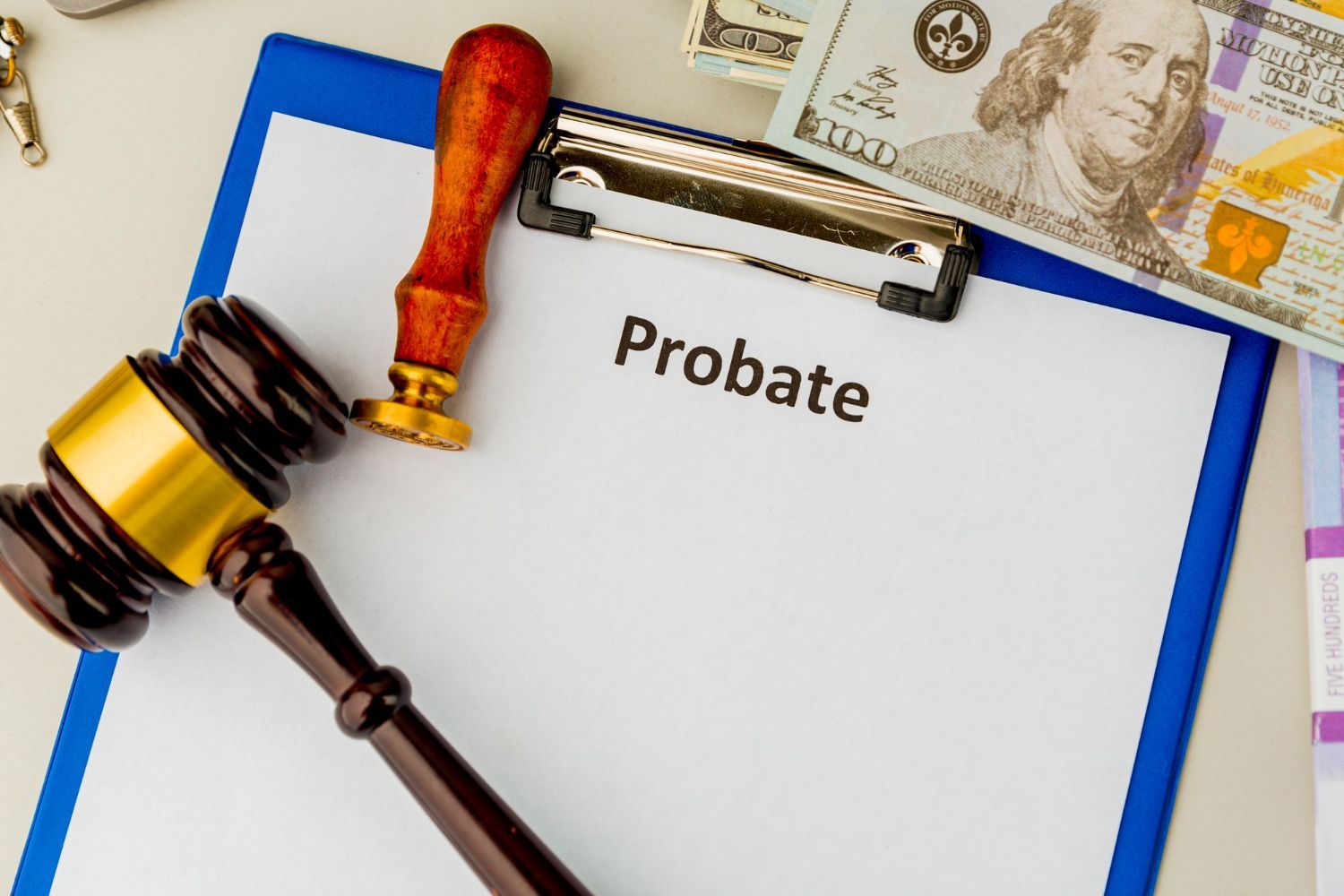Understanding Probate Bond Requirements in Georgia
Dealing with probate after the loss of a loved one can bring a mix of emotional and legal challenges. For families in Georgia, one piece of the process that may come up is the requirement for a probate bond. It’s not something most people think about until they’re faced with handling an estate, but understanding it early can make everything less confusing. Probate bonds can affect how smoothly probate administration runs and how well the estate is protected during that time.
These bonds are designed to protect the estate’s assets in case the executor or administrator makes a mistake or acts dishonestly. While not required in every case, probate courts in Georgia may request one depending on the type of estate or who’s involved. Learning what probate bonds are, when they’re needed, and how to get one can help you decide on your next steps during a difficult period.
What Is A Probate Bond?
A probate bond is basically a safety net. It’s a type of insurance that protects the people who stand to inherit from the estate if the executor or administrator mishandles anything. The person appointed to settle the estate, either named in the will or chosen by the court, has legal responsibilities. They’re expected to manage debts, distribute assets properly, and handle court paperwork correctly. If they make a serious mistake or act dishonestly, the probate bond can be used to cover any financial damage they cause.
In Georgia, probate courts can require this type of bond to give peace of mind to all parties involved, especially beneficiaries. Whether you’re closing out debts, managing property, or handling disputes, the bond is there as a financial guarantee.
Here are some common scenarios when a probate bond may be required:
- There is no will and the court has to appoint an administrator
- The will does not waive the bond requirement
- The person nominated as executor has questionable credit or lives outside Georgia
- The court feels extra protection is needed based on the value or complexity of the estate
- There is active family tension or expected disputes between heirs
Even if it feels like one more step, a probate bond helps reinforce trust in the process and ensures no one is left handling the damage from someone else’s mistake.
How To Obtain A Probate Bond In Georgia
Getting a probate bond involves a few specific steps. Once the court rules that a bond is needed, you can’t move forward with managing the estate until everything is in place. It’s not a difficult process, but it does need to be handled carefully.
Here’s what you can expect:
1. Determine the amount:
The probate court will set the bond amount based on the value of the estate’s assets. This is the coverage amount the bond will offer if something goes wrong.
2. Choose a bond provider: You’ll need a surety company that issues probate bonds. These companies specialize in this type of coverage.
3. Apply for the bond: The company will ask for details like your credit score, financial information, and personal history. Based on this, they’ll decide on your eligibility.
4. File the bond with the court: Once approved, the bond must be officially recorded with the court. Only then can the executor or administrator begin managing the estate.
Most applicants are approved without issues. In some cases, you may need to provide extra documentation or even a co-signer. The cost can vary depending on the amount of the bond and your financial background. Those with stronger credit usually get better rates.
The process can feel like jumping through hoops, especially during an emotional time. But getting the bond done correctly brings protection to both the estate and those managing it.
Situations When You Might Need a Probate Bond
Georgia probate courts don’t require a bond in every case, but there are certain red flags that make it more likely. Knowing these ahead of time can help you prepare, especially if you’ve been named executor or are managing a loved one’s estate.
These are some situations where a probate bond is often required:
- The deceased had no will and the court must appoint an administrator
- The will does not mention waiving the bond, so it becomes required
- Concerns exist about the executor’s ability to manage the responsibilities
- The estate holds high-value or complicated assets
- There are known disputes or communication issues among heirs
Picture a case where a brother is named executor and his siblings live out of state and don’t have great relationships with one another. Even if no one is officially contesting the will, the court may still want a probate bond to help lower future risks. It’s a way to protect everyone involved by creating a safety net if the estate handling goes off track.
Benefits and Challenges of Probate Bonds
Probate bonds are not just about following the rules. They offer real peace of mind and practical protection when things get tricky. But like anything, they come with both benefits and challenges.
Benefits of probate bonds include:
- Giving heirs confidence that the estate will be handled in good faith
- Minimizing potential disputes by reassuring family members
- Helping the executor stay focused and on task
- Offering financial protection in case of mistakes or dishonesty
On the other hand, some common challenges involve:
- Delays in gathering the paperwork or meeting all requirements
- Premium costs that may stretch a tight estate budget
- The stress of dealing with the surety company’s questions
- Uncertainty about how to file everything correctly
For many people, it’s just one more thing to handle during a difficult time. But understanding these possible hurdles early can make them easier to manage down the road. Every estate comes with unique issues, and the more prepared you are for the probate bond process, the smoother things can go.
Protecting Your Interests in Probate Administration
Being named executor or administrator is a serious duty. Your role isn’t just about completing forms. You’re helping protect a legacy and making sure each step is done properly under Georgia law. When there’s a probate bond involved, staying organized and well-informed protects not only the estate but also your own responsibilities.
Here’s how to better manage your role with a probate bond in place:
- Keep careful and up-to-date records of every sale, transaction, or payment
- Send updates to heirs and beneficiaries on a regular schedule
- Respond quickly to court requests and don’t miss deadlines
- Ask questions when something from the court or bond provider seems unclear
With probate, it’s easy to lose track of receipts or delay tasks due to how emotional the process can be. But any misstep could create bigger problems. Probate bonds are there to protect others, but they also represent a level of trust in the person managing the estate.
The more you understand the court’s expectations and timelines in Georgia, the better protected your role becomes. Whether you’re overseeing real estate, bank accounts, or family matters, being informed saves time and helps reduce stress during an already heavy season.
Navigating Probate Bond Requirements with Ease
Probate bonds might not be familiar to most people, but once you’re involved in probate administration in Georgia, they can become an important factor. They aren’t just paperwork. They influence how smoothly the whole process goes and how protected everyone feels—including you.
If you think a probate bond might be required, it’s worth learning about your options early. Understanding who needs them, what steps to take, and how the bond protects estate matters gives you a better way forward. It also helps reduce risks that cause tension in an already emotional time.
Managing an estate doesn’t have to feel overwhelming. With the right information and some support, you can handle probate bond requirements confidently and with less stress.
If you're handling the responsibilities of probate administration in Georgia, it's important to have the right tools in place to protect what matters most. Wills and trusts can provide clarity, help prevent disputes, and make the process more manageable for everyone involved. At
McGinn Law, we’re here to guide you through each step and answer any questions along the way. Learn more about how
probate administration works and how thoughtful planning can benefit your family’s future.





